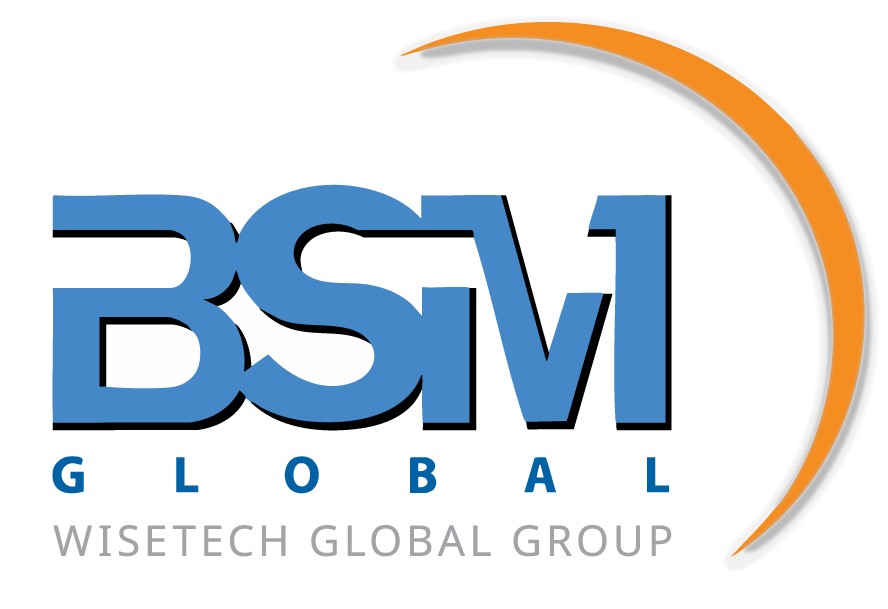A Comprehensive Guide to Enhance Efficiency and Reduce Costs
The global marketplace presents a dynamic landscape filled with both challenges and opportunities. To thrive amidst this complexity, businesses require a solid strategy. This strategy should cover essential aspects such as Cost Management, Visibility, Compliance, Performance Management, and Systems Support. In this article, we will explore these key areas in depth, offering valuable insights to elevate your international trade practices.
Cost Management: Ensuring a Low-Cost Environment
International freight rates often become the primary focus of negotiation in global trade. However, numerous other variables directly impact the costs incurred by your business. It’s crucial to develop a comprehensive strategy that ensures a low-cost environment from purchase to delivery. This strategy must include a mechanism for measuring forecasted versus actual costs and a regular review process to assess its effectiveness.
Are all unnecessary costs removed from your international supply chain? If not, it’s time to take a closer look and identify areas where you can cut costs without compromising the quality or efficiency of your operations.
Visibility: Ensuring Access to Information
Regardless of your business size, there are likely internal and external stakeholders directly involved in your supply chain. Internally, this ranges from finance to your warehouse. Externally, there are other parties such as your freight forwarder, customs broker, and transport company.
A misalignment of information between these parties can lead to increased risk, high administration costs, and unreliable data. So, how can you ensure that information is visible both internally and externally? The answer lies in leveraging your data to improve accuracy on forecasting activities and ensuring all parties have access to the same, accurate information.
Compliance: Minimizing Risks
On-time and accurate documentation, coupled with the alignment of information, are the mainstays of achieving on-time customs clearance. Maintaining a low compliance risk profile is essential to minimize the incidence of penalties or overpayment of duties and taxes.
To manage your compliance risk confidently, it’s necessary to monitor the accuracy of the compliance declarations made by your customs broker. Additionally, you should have mechanisms in place to identify and respond to areas of non-compliance swiftly and effectively.
Performance Management: The Key to Improvement
A high-performing supply chain should be measurable and benchmarked to ensure continual improvement and cost reduction. Do you measure performance in your supply chain? If so, how do you capture this information, and is it aligned with your provider KPI’s? These are critical questions that need answers to ensure that your supply chain is performing at its best.
Systems Support: Facilitating Efficient Processes
Effective and efficient supply chain management comprises operational tasks, performance measurement, cost management, and exception reporting. To achieve more with less, it’s crucial to have a system that can seamlessly adapt to dynamic environments.
Consider how frequently you need to gather and modify information for use. Identify any manual processes or tasks left undone due to resource constraints. The answers to these questions will offer a concise evaluation of your software’s effectiveness.
In conclusion, the challenges of global trade require a comprehensive strategy that encompasses all aspects of supply chain management. Through effective cost management, enhanced visibility, rigorous compliance, performance management, and efficient systems support, businesses can navigate the complexities of the international marketplace successfully.
For more information, visit our website BSM Global or reach out to us at enquiries@buysellmove.com We’re here to help you enhance your global trade practices and achieve your business objectives.

